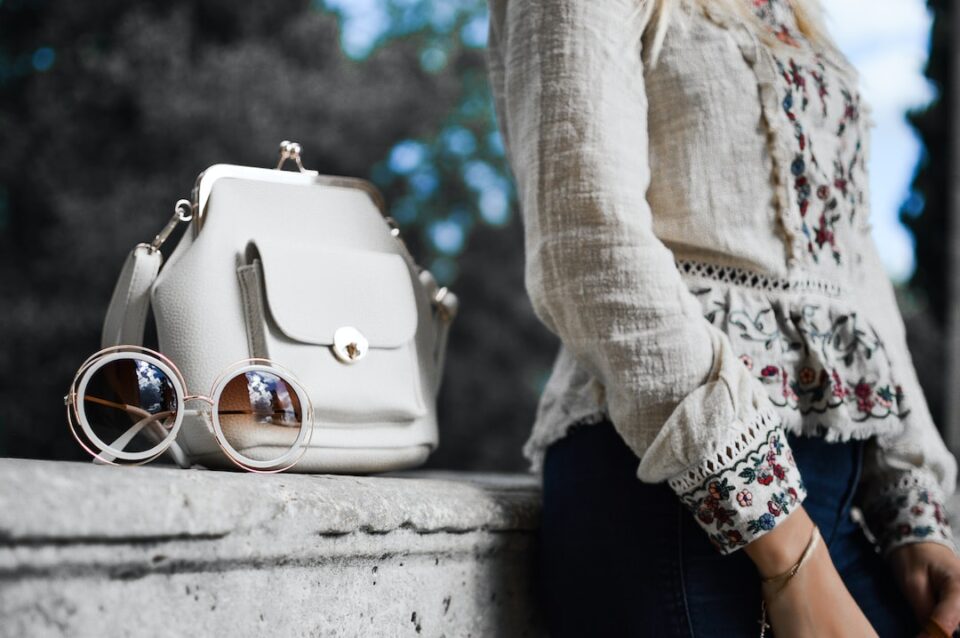Sustainable fashion is an umbrella term that refers to any development or trend that emphasizes sustainability and practices promoting environmental responsibility. The globally acclaimed fashion industry is responsible for a significant amount of the world’s environmental footprint. The fashion industry reflects emerging global environmental trends, cultural expressions, and social behaviors. The sector remains dynamic, continually evolving, and adapting to new patterns. The latest trends in sustainable fashion are examples of how the sector contributes to mitigating the environmental impact of the fashion industry.
The fashion industry’s environmental footprint continues to raise concerns. The sector is responsible for approximately 10% of global carbon emissions and is one of the largest consumers of water globally. Overconsumption and fast fashion have fueled an unsustainable consumption culture with negative social and environmental impacts. However, the fashion industry has become more conscious of its environmental impact, and over the past few years, the focus has shifted towards promoting sustainable fashion.
One of the latest trends in sustainable fashion is the use of recycled materials. Recycled materials have become a popular choice among fashion designers and garments manufacturers. Materials such as recycled polyester, organic cotton, and recycled nylon are commonly used in sustainable fashion. Recycled polyester, for instance, is made from recycled plastic bottles, reducing the amount of plastic waste in the environment. The use of recycled materials promotes resource efficiency and reduces the need for new materials, hence reducing the environmental impact of the fashion industry.
Sustainable fashion has also seen the use of fabrics made from regenerative farming practices. Regenerative farming is a farming approach that aims to regenerate the soil and improve biodiversity. These fabrics are made using natural materials grown without the use of synthetic fertilizers, pesticides, and GMOs. The production of these fabrics has a lower environmental impact than conventional fabrics. Some of the sustainable fabrics created from regenerative farming are Hemp, bamboo, and organic cotton.
The ethical treatment of animals has been a hot-button issue among animal rights organizations. Sustainable fashion has adopted the use of animal-free materials as an ethical and sustainable approach. The use of materials such as faux fur, plant leather, and recycled plastic is becoming an increasingly acceptable alternative to animal-derived materials. The fashion industry has been known to use animal-derived materials such as silk, leather, and fur, proving that fashion can be sustainable without causing harm to animals.
In line with sustainable fashion practices, garment production is adopting a circular economy approach. A circular economy is an economic model that promotes sustainability practices such as resource efficiency and waste reduction. In the fashion industry, the circular economy approach entails the production, use, and recycling of garments, ensuring that waste is minimized. Garment recycling has become a popular trend among fashion designers, with clothing upcycling and repair initiatives becoming increasingly common.
Consumer behavior plays a crucial role in promoting sustainable fashion. Consumers are increasingly demanding sustainable fashion practices. Ethically driven and eco-conscious fashion consumers seek to invest in sustainable fashion brands. As a result, the customer base for eco-friendly and ethical fashion brands is growing. More sustainable fashion brands are emerging, ensuring that consumers can choose from a diverse range of sustainable products.
Another trend in sustainable fashion is the use of digital technologies. Digital technologies offer a platform for sustainable fashion brands to demonstrate and promote their sustainable practices. The digital technologies offer consumers transparency of sustainable fashion brands’ supply chains, promoting transparency and accountability. Digital technologies such as artificial intelligence and augmented reality enhance the customer experience, making it interactive.
Over the years, the fashion industry has faced criticism for its lack of diversity and inclusivity. Sustainable fashion trends are promoting diversity and inclusivity in the fashion industry. With the emergence of sustainable fashion brands that focus on inclusivity and diversity in their designs and ethical practices, the industry is gradually becoming more inclusive. Sustainable fashion brands are creating clothing for diverse body types, skin tones, and age groups, and cultural backgrounds.
In conclusion, sustainable fashion trends are gaining popularity in the fashion industry. Sustainable fashion practices promote eco-friendly and ethical practices, ensuring that the fashion industry moves towards sustainability. These latest trends in sustainable fashion, the use of recycled materials, regenerative farming, animal-free materials, the circular economy, digital technologies, consumer behavior, and diversity and inclusivity, illustrate the fashion industry’s commitment to sustainability. Sustainable fashion is a journey towards achieving a zero-waste, eco-friendly, and sustainable fashion industry. In embracing these trends, the fashion industry can be part of the solution to mitigate its environmental impact and contribute to creating a sustainable future.

